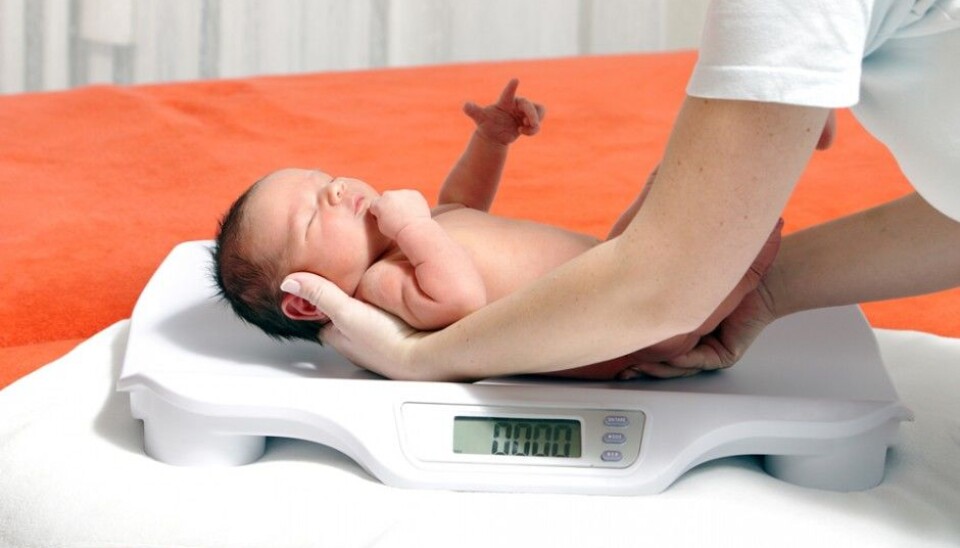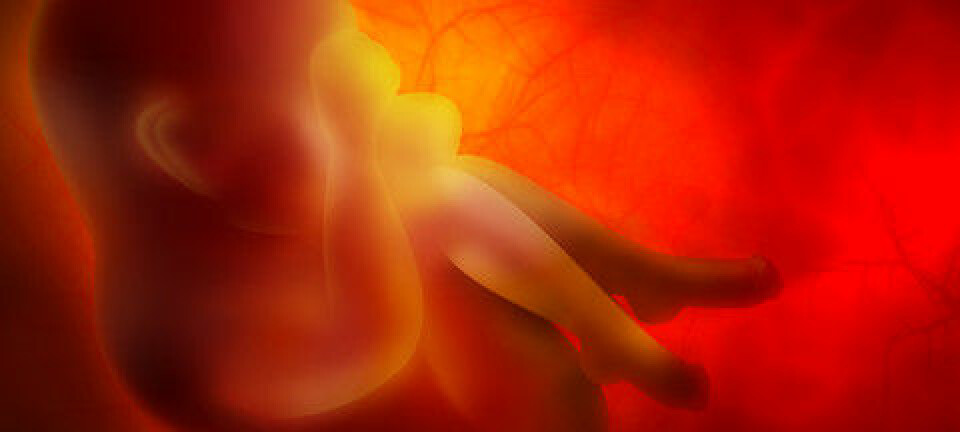
Environmental toxins affect infant growth rates
PCB and DDE exposure in the womb or in breast milk can alter the growth development of a child, according to the Norwegian Institute of Public Health.
Denne artikkelen er over ti år gammel og kan inneholde utdatert informasjon.
We are no longer exposed to the alarming levels of the persistent organic pollutants (POPs) PCB and DDE seen a few years ago. But these harmful substances continue to have an impact on infant growth.
This conclusion has been made by a team of scientists who compared measurements of POPs in seven European countries.
Impacts growth
When women had higher levels of DDE (a breakdown product of DDT) in their bodies during pregnancies, their children often grew abnormally fast early in life. Such growth appears to link to obesity later in life, writes the Norwegian Institute of Public Health.
Researchers have also looked at the effects PCB on breast milk. Children who nursed on milk with higher levels of PCB 153, often grew more slowly than expected and ended up on the lean side of normal weight curves.
More reductions in pollutants needed
“This is important information for the authorities and it points to the need for increased reductions of these pollutants in the environment,” says Merete Eggesbø, who led the study, according to the Norwegian Institute of Public Health.
Eggesbø says this has been one of the few such studies which have discerned between the effects of POPs in breast milk and in the womb.
“We need more such studies so that we can issue optimal breast feeding recommendations,” she says.
-------------------------------------
Read the Norwegian version of this article at Forskning.no
Translated by: Glenn Ostling




































